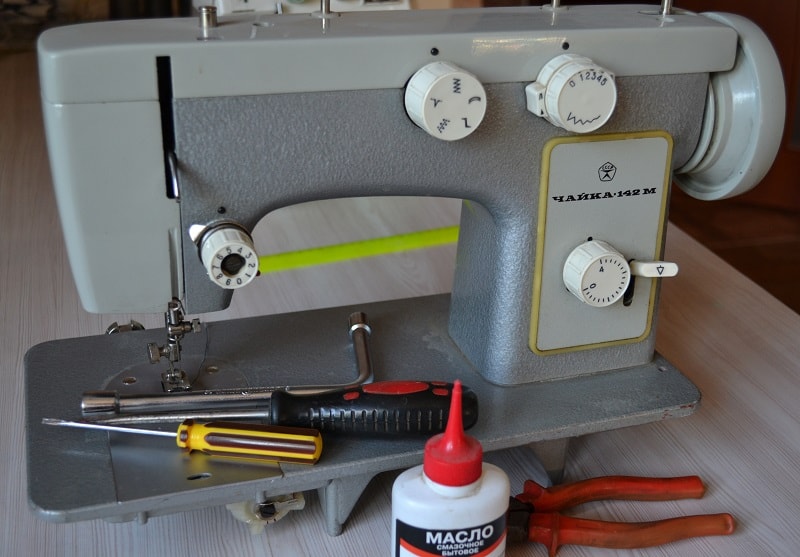
Shvejnaya Mashinka Chajka 142m Instrukciya Skachatj Besplatno
Taysir Abu Sneina, a terrorist who was involved in the murder of six Jews in Hevron on May 2, 1980, is the man whom the Palestinian Authority has appointed to manage the Muslim side of the Cave of Machpela (known in English as the Cave of the Patriarchs). The Hatzala Yosh organization reported Sunday that Abu Sneina participated in the terror attack on the building known as Beit Hadassah, on May 2, 1980, in which six students from the Nir Yeshiva in Kiryat Arba were murdered. The students were making their way home by foot from the Cave of Machpela, after the Sabbath Eve prayers, when Arabs who had been hiding inside neighbouring houses ambushed them and opened fire.
Cave of Machpela. Jewish Community of Hevron. Taysir Abu Sneina, a terrorist who was involved in the murder of six Jews in Hevron on May 2, 1980, is the man whom the Palestinian Authority has appointed to manage the Muslim side of the Cave of Machpela (known in English as the Cave of the Patriarchs).
Besides the dead, 16 others were wounded in the attack. Abu Sneina makes no attempt to hide his terrorist past, and actually seems quite proud of it.
August 2018: Rossiya Airlines transfers some flights from Vnukovo to Sheremetyevo August 2018: Aeroflot appoints Andrey Chikhanchin as Deputy CEO for Commerce and Finance August 2018: Vitaly Saveliev re-elected as CEO of Aeroflot July 2018: Aeroflot launches flights to Kyzylorda and Burgas June 2018: Aeroflot launches flights to Naples and Verona. Paljto rossiya aetg.
His Facebook page proclaims that he is “one of the heroes of the operation at Dabuya,' as the area of Beit Hadassah is known in Arabic. The cover photo of his profile is of the terror squad that carried out the attack, with Abu Sneina's face circled. MK Yariv Levin (Likud) called Monday on the government to suspend the arrangements it has agreed upon with the PA regarding the Cave of Machpela until the appointment of Taysir Abu Snena is cancelled. The appointment comes only days after Muslim worshippers once again, which is the second holiest site in Judaism after the Temple Mount in Jerusalem. It is the burial place of the Jewish Biblical patriarchs - Abraham, Isaac and Jacob - as well as three of the four matriarchs - Sarah, Rebekah and Leah (the fourth, Rachel, is buried in Bethlehem). The site is usually split between Jewish and Muslim worshippers, but this past Friday it was open exclusively to Muslim worshippers in honour of Ramadan.
After Muslim prayers had finished, Jewish worshippers arrived to find that holy items had been stolen or damaged, and that mud and garbage had been strewn across the room.
It is said that when chaos and confusion reign supreme, the in the world to reestablish righteousness or Dharma. Adi Sankara was born at a time when India was under the sway of superstition and religious fights. Sankara was born in a poor Malayali Brahmin family in 788 AD, in a village named Kaladi in the present Ernakulam District of Kerala. His father was Sivaguru who was proficient in the Shastras and his mother was Aryamba. They had no children for a long time after their marriage. Sivaguru and Aryamba prayed to Lord Siva to bless them with a son and their prayers were answered by the birth of a boy at the time of Vasantha Ritu (spring season) in the auspicious Abhijit Muhurta. Sankara’s father passed away when he was barely seven years old.
His mother took care to educate him in the proper way that was expected of a young Brahmin. Sankara, who possessed extraordinary intelligence, was determined to be a Sanyasi at a very young age. This grieved his mother but events accelerated his decision. One day, Sankara and his mother went to bathe in the river.
While Sankara was bathing, a crocodile caught hold of his foot and started dragging him down into the water. He then called out aloud to his mother and asked for her consent to become a Sanyasi. She immediately agreed and the crocodile let go of his foot. Sankara was then just eight years old. Sankara was now ready to undertake his life’s mission. His left his mother under the care of his relatives promising her that he would look after her at her deathbed and perform her death rites. He now embarked on his search for a Guru. In a hermitage, near Badrinath in the Himalayas, Sankara met Govindapada Acharya, his future Guru.